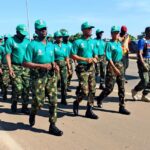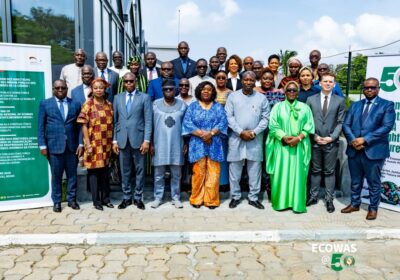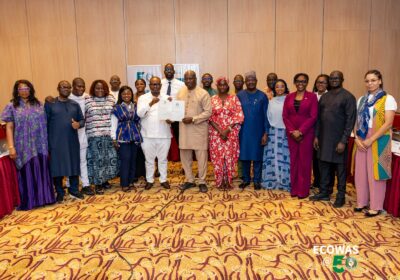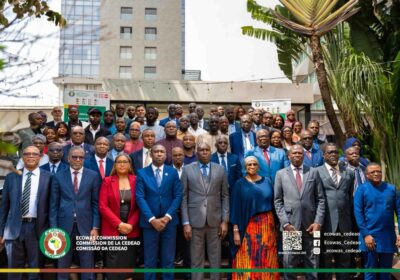Bangui Hosts Key ROGEAP Workshop to Power Up Off-Grid Solar Standards in Central Africa.
By Raymond Enoch
The capital city of Bangui became the regional hub for clean energy advocacy as it hosted a pivotal national workshop on 9th to 10th of September 2025 led by the Regional Off-Grid Electricity Access Project (ROGEAP). The event aimed to boost awareness, technical understanding, and national alignment with regional standards for stand-alone solar systems with a capacity of 350 Wp or less.
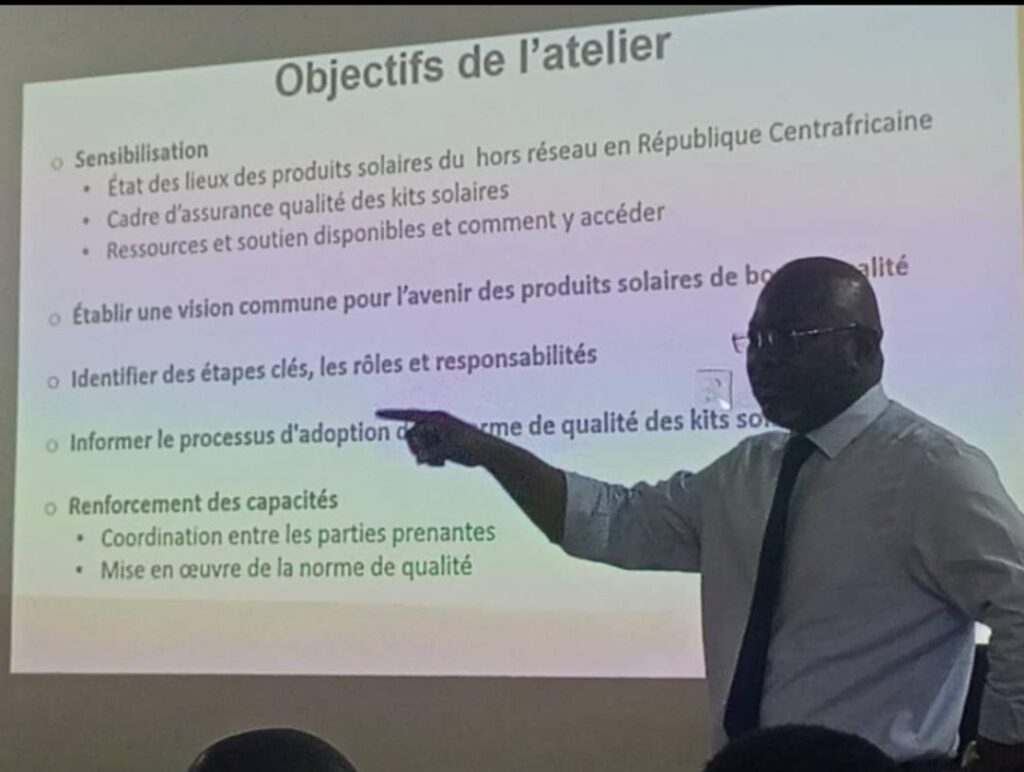
The two-day workshop was more than just a training session; it marked a major stride in the Central African Republic’s (CAR) journey toward sustainable energy access. Held under the auspices of the Ministry of Energy, the opening ceremony welcomed high-profile delegates including Mr Gérard Zounguere Wilikon, Chief of Staff at the Ministry of Energy, Mr El Hadji Sylla, Senior Advisor at ROGEAP, and Ms Monyl Toga, Project Manager at the World Bank.
The workshop introduced participants to the ECOS-TAND IEC TS 62257-9-8:2020 and IEC TS 62257-9-5:2018 standards — crucial technical benchmarks that ensure the quality, safety, and efficiency of small-scale solar systems. These standards are especially relevant in off-grid and underserved regions, where reliable energy is often a luxury rather than a given.
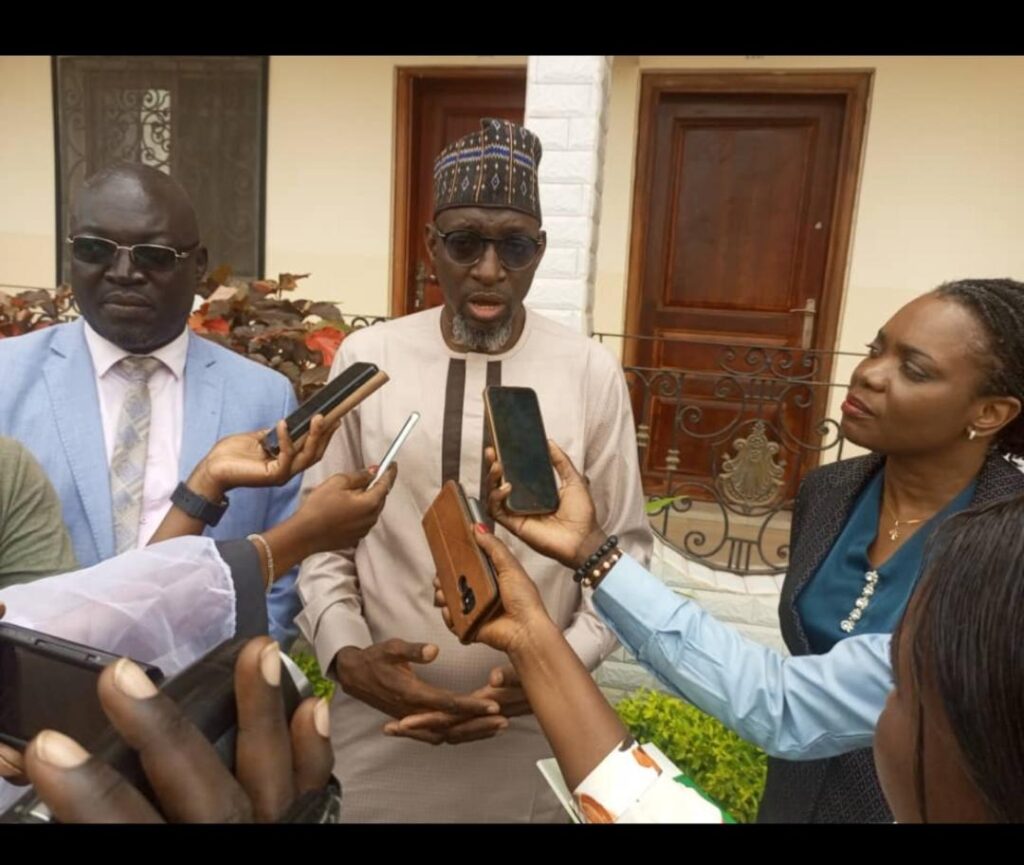
With approximately 30 participants representing the public and private sectors, Ministries of Finance and Trade, civil society groups, and small and medium-sized enterprises (SMEs), the workshop fostered collaboration and information-sharing across institutional lines. The goal: to ensure that all stakeholders are equipped to promote, implement, and regulate off-grid solar solutions that meet international standards.
“This workshop is a significant step toward harmonising our energy solutions with international quality standards,” said Mr. Wilikon. “Empowering our stakeholders with knowledge means empowering our nation with light.”
ROGEAP, which is financed by the World Bank, the Clean Technology Fund (CTF), and the Directorate-General for International Cooperation (DGIS), is implemented by the ECOWAS Commission in partnership with BOAD (West African Development Bank). The project spans 19 countries across West and Central Africa, aiming to improve electricity access for households, businesses, and public institutions through modern, high-quality solar technologies.
As global conversations around climate resilience and energy access intensify, this workshop positions the Central African Republic at the forefront of regional energy transformation. Participants are expected to serve as multipliers, spreading awareness and technical knowledge to broader audiences and communities.



